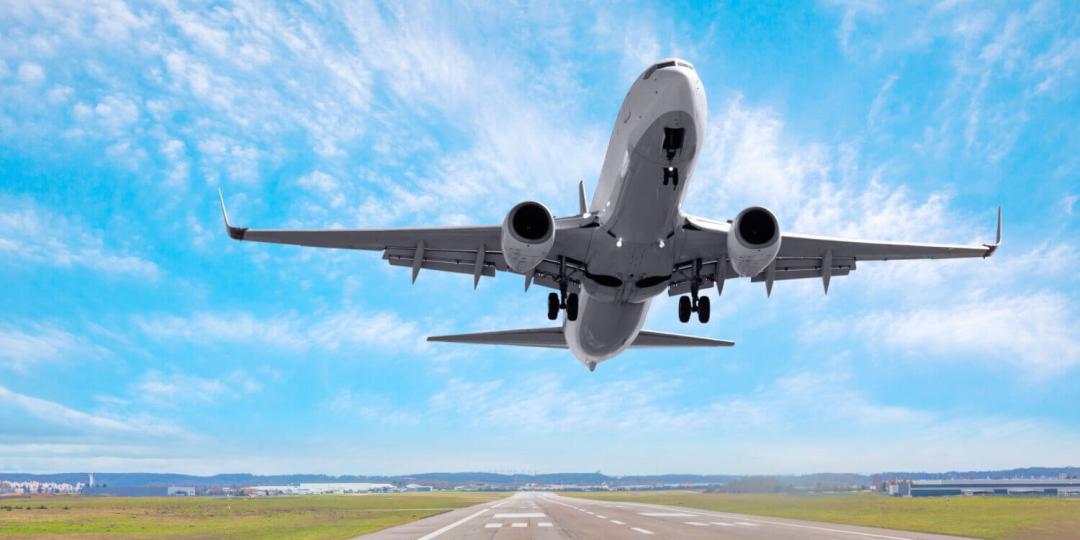While Uganda’s announcement that it will join the Single Africa Air Transport Market (SAATM) in the next financial year is positive for the initiative’s realisation, the decision is still pending approval from its Cabinet.
“Once that is done, we will be good to go,” said Fred Bamwesigye, Director-General of Uganda Civil Aviation Authority, at a recent meeting in Kampala.
Uganda’s commitment to SAATM will place it ahead of Tanzania, whose government has indicated it will not join SAATM for the next five years.
Bamwesigye explained that Uganda’s previous reluctance to join SAATM stemmed from its priority of maintaining its national carrier’s competitiveness. And although the CAA wants the country to join SAATM, it remains to be seen if the decision will be ratified or rejected by Cabinet.
“Most of the countries that have acceded to SAATM have the notion that SAATM will kill their national airlines. That is why we are having the awareness programme for countries in Eastern Africa, Southern Africa and Indian Ocean regions,” explained Adikiny Olwenge, Team Leader for the Common Market for Eastern and Southern Africa’s Air Transport division.
The limited number of operators in SAATM is one reason it has yet to come to fruition. Deep-rooted fears of competition and governments’ protectionism were hindering factors, added Olwenge. Nonetheless, he is confident that SAATM will be able to control and ensure healthy competition among its member carriers while enabling the connectivity benefits of open skies. Not all appear to share the same views.
Africa’s aeropolitical challenge
Common themes have emerged through discussions during two key aviation events held in recent weeks, namely the Board of Airline Representatives of South Africa (Barsa) Aviation Summit and the Southern African Industrialisation Forum (SAIF).
One of these core themes is regulation. Many agree that the fragmentation of regulation across Africa’s 54 nations is resulting in challenges such as inconsistent bilateral agreements and licensing requirements.
“Without substantial involvement of airlines in drafting aviation rules, suboptimal regulations often emerge that inhibit cross-border operations – whether due to protectionist agendas or simply lack of practical industry input. Rectifying this limited participation will be integral to unlocking connectivity and forging viable, integrated air networks across the SADC region,” said Dr Namhla Tshetu, Airlink’s Executive Manager of Corporate Services, speaking at the SAIF.
She reiterated her stance regarding the harmonisation of regulations at the Barsa Summit last week.
“A lot of our challenges are based on a lack of political will,” she said.
There are also hopes for what the full ratification of the African Continental Free Trade Area (AfCFTA) agreement could achieve to harmonise regulations governing Africa’s skies.
“If the AfCFTA comes together, it could be the driver of the aviation regulations framework,” said Dr Joachim Vermooten, an aviation researcher and independent consultant.























